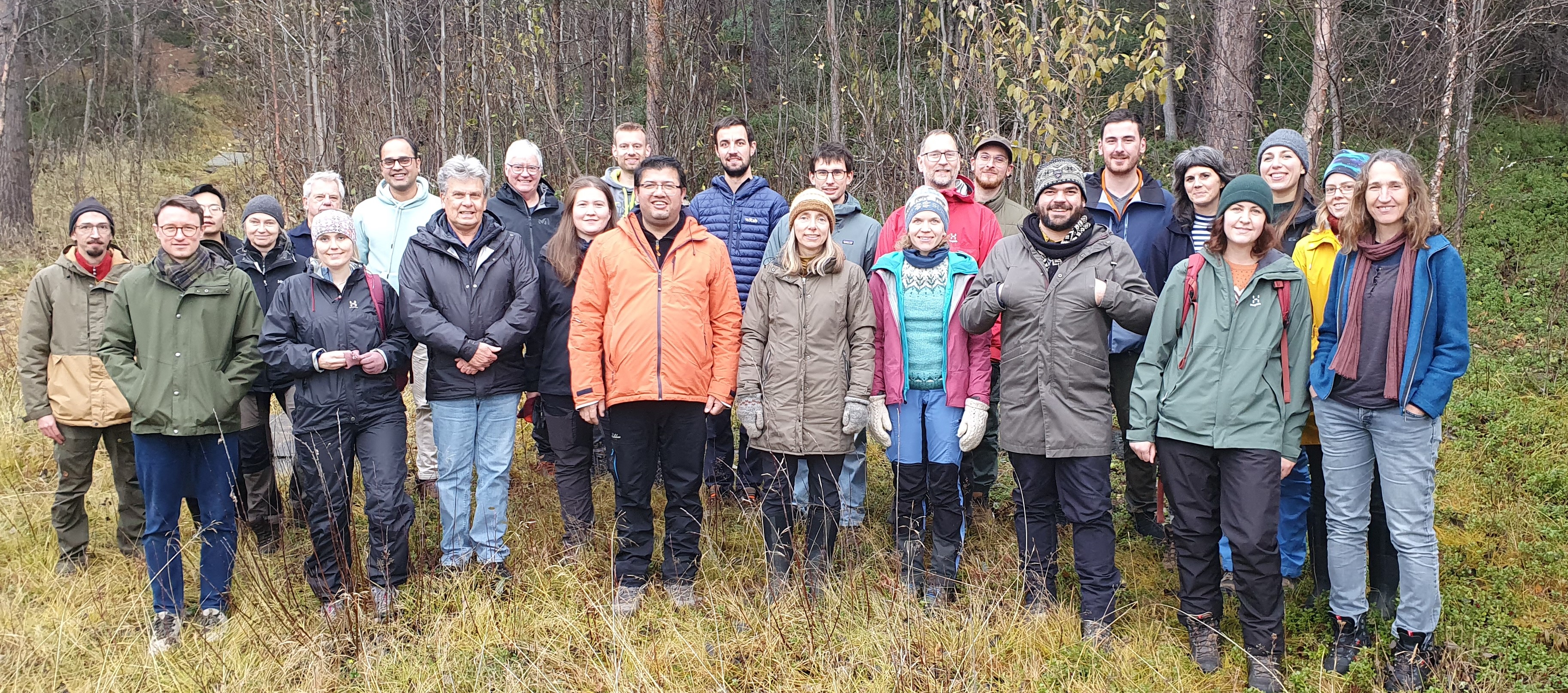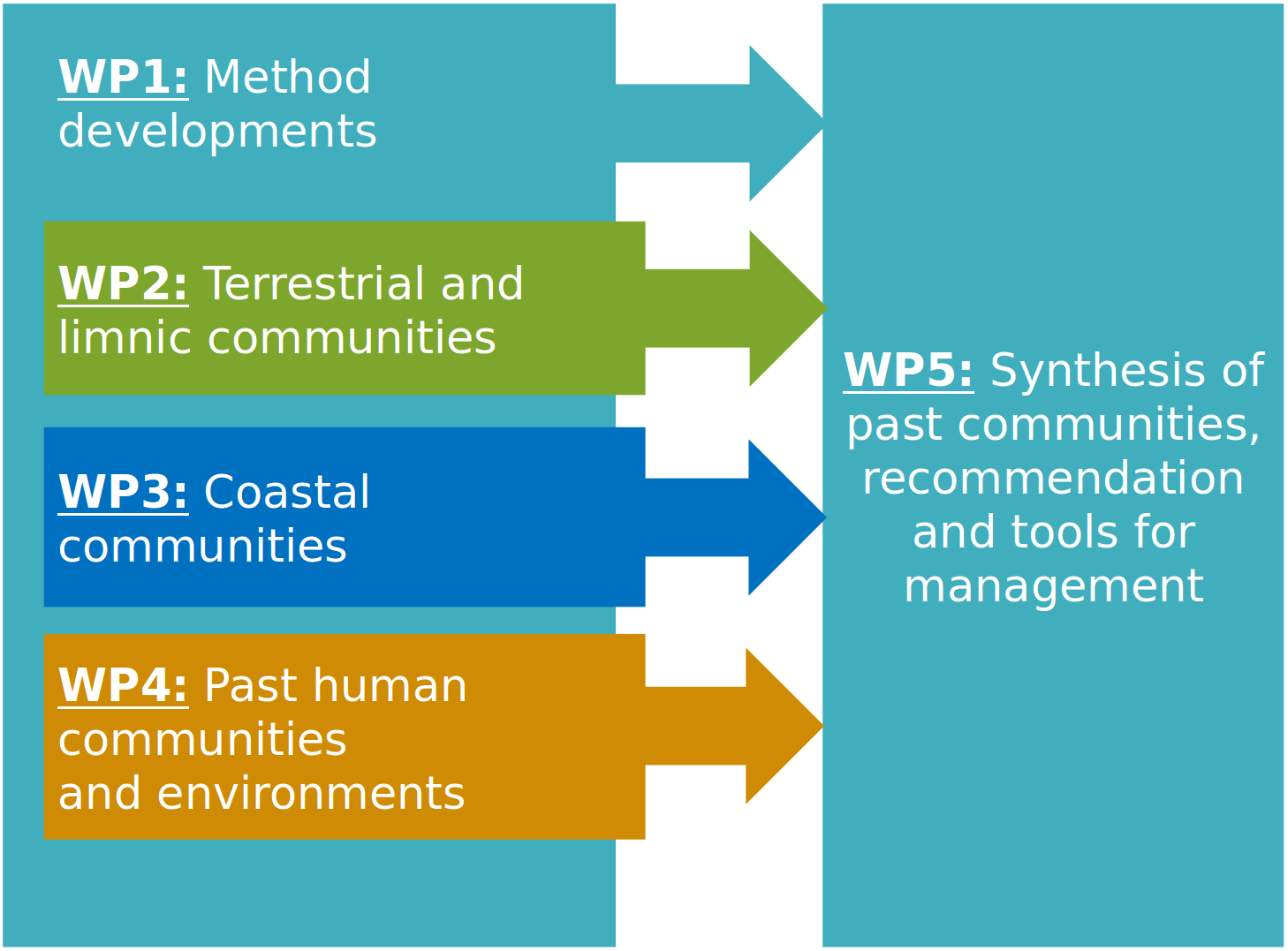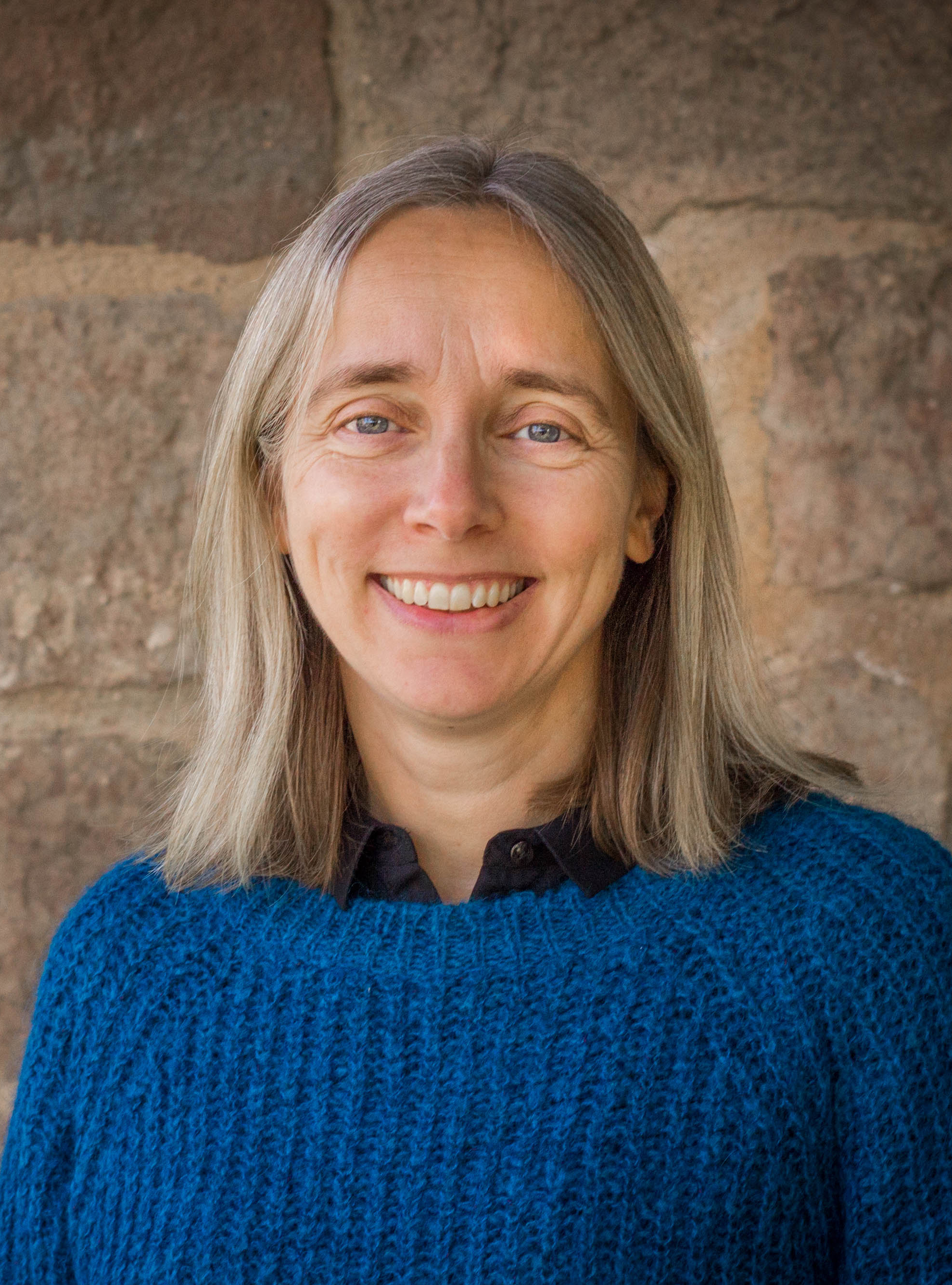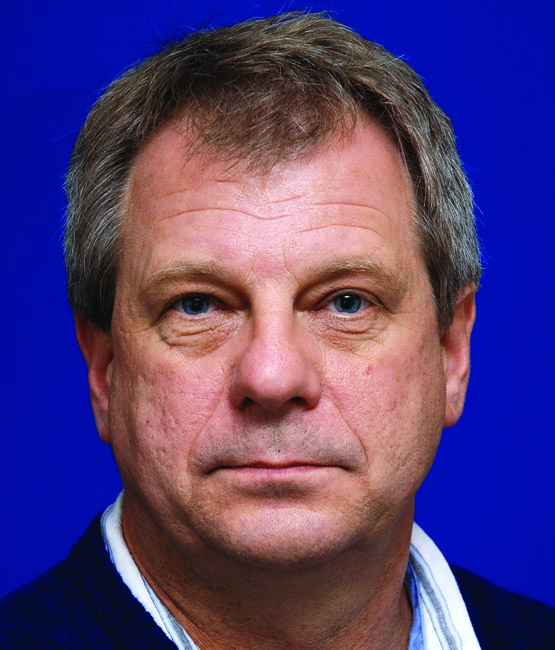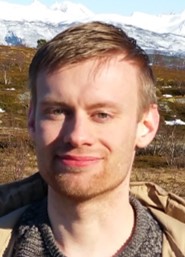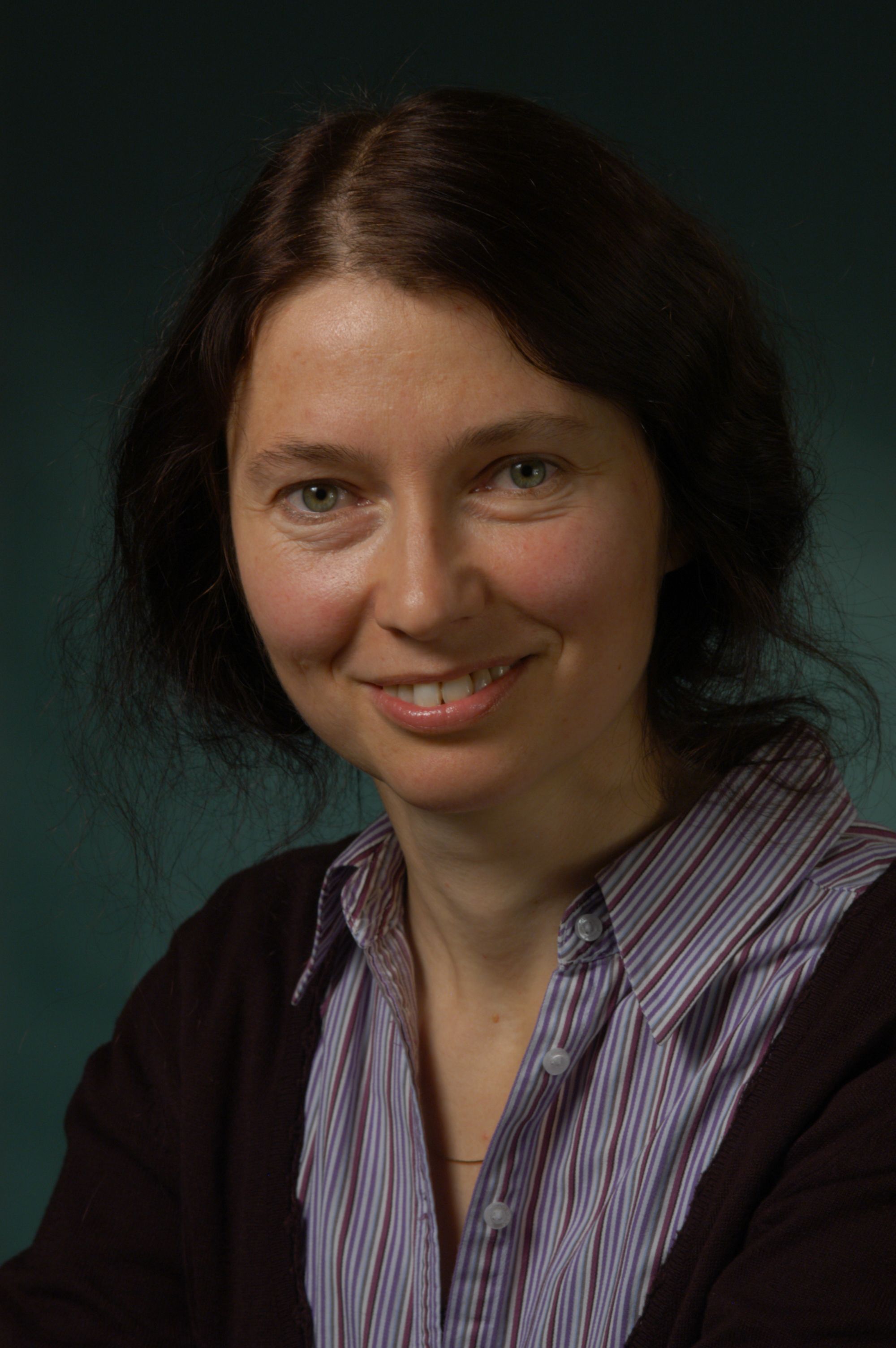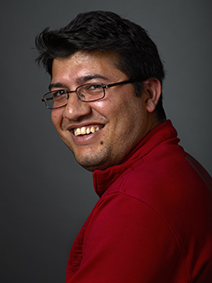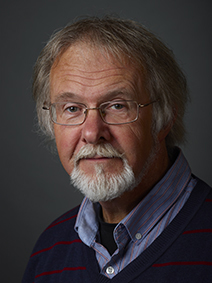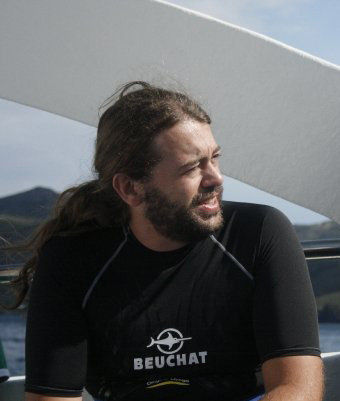Postdoctoral Fellow in Environmental Archeology and sedaDNA
Postdoctoral Fellow in Environmental Archeology and sedaDNA
The position
A Postdoctoral Research Fellow position is available at the Arctic University Museum of Norway, The Arctic University Museum of Norway and Academy of Fine Arts. The position is on the project "V2C - - Viking to Christian Landscapes across the Norwegian Sea". Starting date 1st of April 2025.
The successful candidate will be part of a team that will core lakes in Central and Northern Norway, Orkney and Shetland Isles, UK and do metabarcoding and lithological analyzes of lake-sediment cores to obtain information on past vascular plant species including crops, and herbivores. These data, together with similar data from southern Norway will be used together with the V2C team (UiT, University of Bergen, University of Durham UK, Highlands and Islands University UK) to 1) investigate landscape change, crop use and farming from c. 500-1500 CE, 2) Examine the causes of these changes and relate to archaeological and textual data, 3) trial new techniques in environmental archeology from cores including pOSL and pathogens.
The position is a fixed term position for a duration of three years. Appointment to the position of Postdoctoral Research Fellow is mainly intended to provide qualification for work in top academic positions. It is a prerequisite that the applicant can carry out the project over the full course of the employment period. No person may hold more than one fixed term position as a Postdoctoral Research Fellow at the same institution.
The workplace is at UiT in Tromsø. You must be able to start in the position within a reasonable time after receiving the offer.
The position's affiliation
This position is attached to the Research Group of Natural Sciences and Archeology and the ArcEcoGEN Auroral Research Centre. Natural Sciences is responsible for developing and maintaining scientific collections of objects (animals, plants, fossils and minerals) as well as public outreach, including the Tromsø Arctic Alpine Botanical Garden. Archeology is responsible for the archaeological collections at the Arctic University Museum of Norway in Tromsø as well as cultural heritage management and research-based excavations in Northern Norway. All excavated archaeological finds are incorporated into the existing museum collections. Combined the research groups have a permanent staff of approximately 21, of which 16 are in academic positions. At the moment, 9 PhD students and 4 postdoctoral researchers are connected to Natural Sciences. The botany research group has laboratories for environmental archaeology, modern and ancient DNA analyses. These labs will be upgraded significantly in 2025 with full sample integration and robotisation of many sedaDNA processes, making them world class in this area of research. Natural Sciences currently involved in three large projects: "MEMELAND", "IceAgent" and "Norwegian Barcode of Life". The latter includes full genome sequencing of the entire Norwegian flora. For more information about Natural Sciences at the Arctic Museum of Norway, visit this site. The Archeology research group has 5 permanent academic research positions and a variable number of field archaeologists in technical positions. The primary focus of ongoing research is on prehistoric and historic archeology within the region and comparative regions.
The successful applicant is expected to spend most of the time in Tromsø, but there will also be extensive fieldwork in Norway and the Northern Isles (UK). The candidate may also undertake a research stay abroad for up to 3 months with one or more of the project collaborators.
The project is a collaboration between staff at the Arctic University Museum of Norway (in Tromsø), The University Museum of Bergen, Geography at the University of Durham UK, Archeology Department at the Highlands and Islands University, Orkney UK. The project also supports a PhD researcher (UiT) and a 2-year researcher at Durham in the UK.
Contact
For further information about the position, please contact Professor Tony Brown :
- phone: +47 77 62 50 18
- email: antony.g.brown@uit.no
Read more for required qualifications, offer and benefits.
Link to this page
